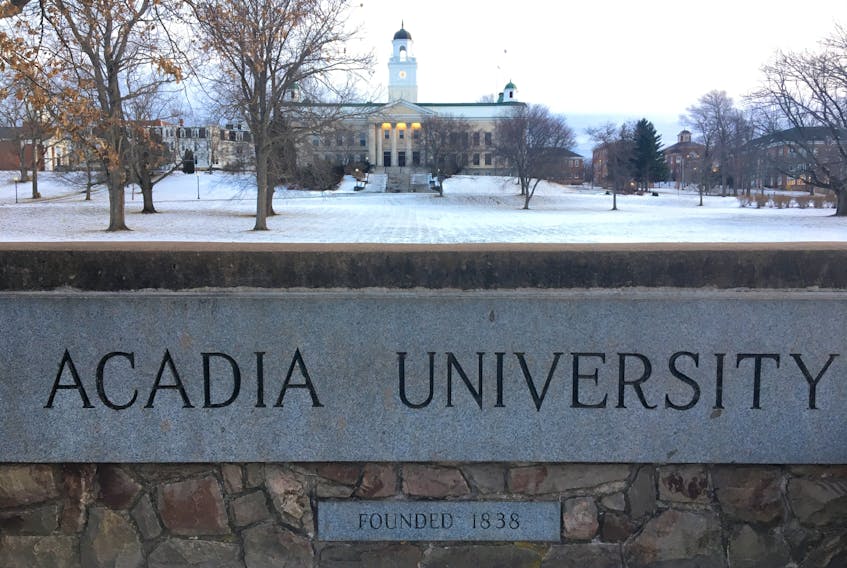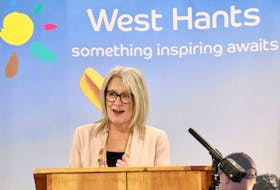WOLFVILLE, N.S. – An Acadia University student and municipal councillor is arguing recent changes to the student union’s petition process bylaws are obstructing democracy on campus.
Meg Hodges is a politics student at Acadia University and also currently serves as a municipal councillor in Kings County.
She brought a petition to the Acadia Students’ Union’s executive board for a school-wide student bus pass program, collecting signatures from the required 10 per cent of the school’s student body.
Her petition was submitted Nov. 21 – a little more than one week before changes to the ASU’s petition, or plebiscite, bylaws came into effect.
ASU executive president George Philp says the petition was still accepted and the executive “will honour the old bylaws” with regard to its student vote. But before scheduling a vote, Philp says the ASU is asking for a signed memorandum of understanding, or MOU, from Kings Transit, the authority behind the proposed pass program, so it “has a clear plan to present students, and something it can be held accountable to.”

“We want to make sure students are voting on complete and accurate information,” says Philp.
Hodges worries this MOU could impact the likelihood of a vote. She says these worries have been compounded by the fact that the only confirmation from the ASU that a vote is planned was that it would “get the petition verified and go from there.”
“Students are not a part of these negotiations between the ASU and Kings Transit, and are being left out of the democratic process,” says Hodges.
“This is not about the success or failure of the UPass, just the opportunity to let the students of Acadia exercise their democratic right to vote.”
The new bylaw also states that students must bring their ideas or concerns to a member of the executive, who then introduces it to the executive on their behalf. Once presented, the matter would then require a two-thirds majority vote to pass and be put on a referendum ballot for students to vote on.

Hodges says these changes “[are] effectively blocking any referendum item if not in favour of the council of the day. I don’t really see an option for students to bring things forward organically if they are in opposition of views of council at table,” says Hodges.
“This is eroding democracy on campus.”
ASU president George Philp disagrees with Hodges’ beliefs that these plebiscite bylaw changes have created impediments to democracy on campus, and says they were part of a “fully-fledged government review process.”
He argues, instead, that they have made the plebiscite process simpler and clearer for students because of the new information-vetting process.
“What we removed was an automatic referendum if a student came to us with a petition that included 10 per cent of student signatures, if that petition deals with a monetary issue,” says Philp.
“Yes, we still want to hear from students but, at same time, we need to ensure that any question being put to them is properly vetted by the ASU and legal counsel – particularly when it involves money.”
RELATED:









